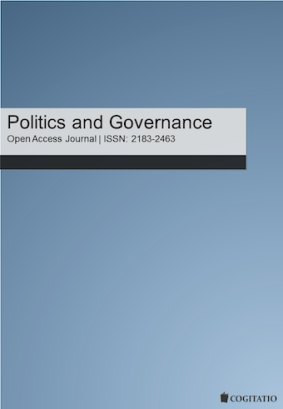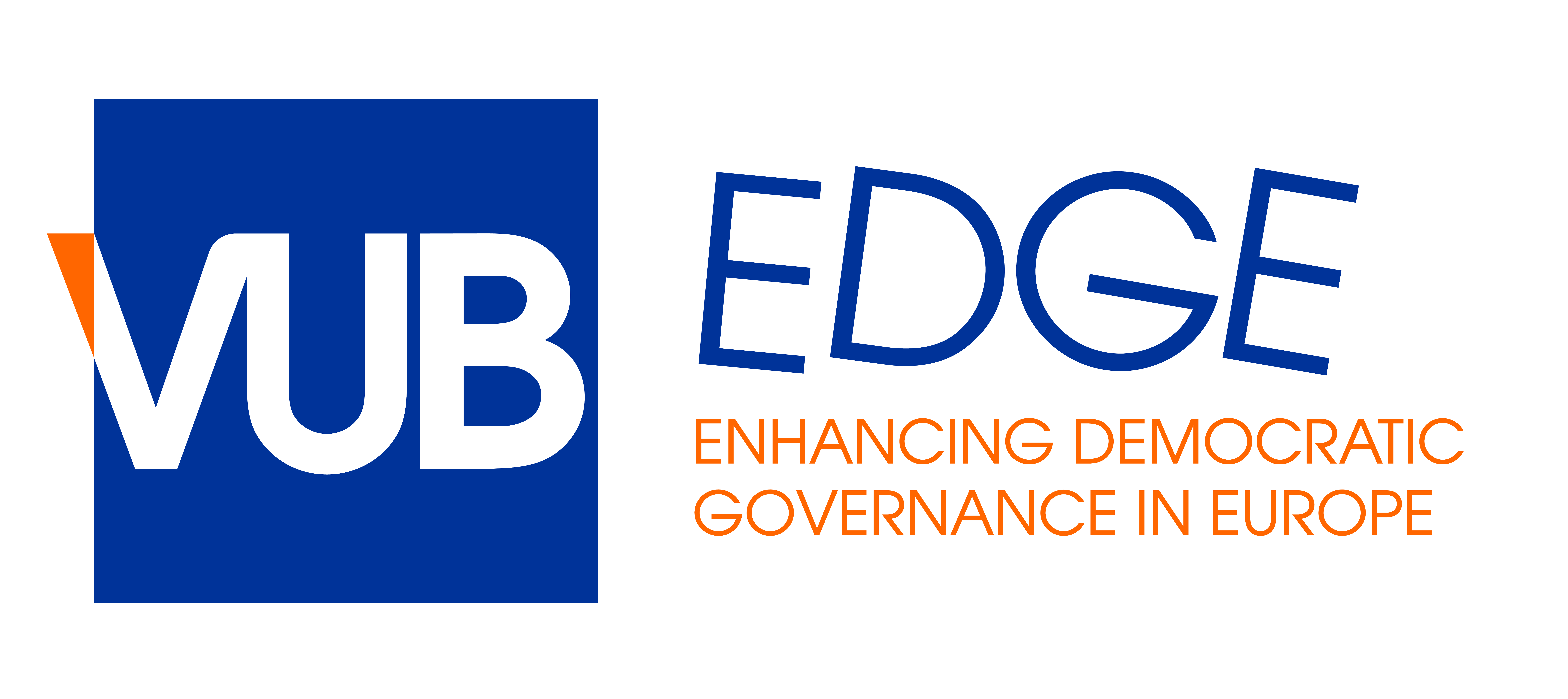
Volume 9, Issue 3
Resilient Institutions: The Impact of Rule Change on Policy Outputs in European Union Decision-Making Processes
Editor(s):
Ariadna Ripoll Servent (University of Bamberg, Germany/European University Institute, Italy) and Angela Tacea (Vrije Universiteit Brussel, Belgium)
Submission of Abstracts: 1-15 September 2020
Submission of Full Papers: 15-30 January 2021
Publication of the Issue: July 2021
Information:
The evolution of the inter-institutional balance of powers has been a constant feature of the European integration process. At the same time, we know little about how changes in rules such as the empowerment of the European Parliament and the European Council, the development of non-legislative decision-making, and the expansion of informal trilogues and early agreements have on policy outputs. Most research has focused on the distribution of power between the main EU institutions but very little effort has gone into investigating to what extent these shifts affect the content and depth of policies decided on the European level: What effect has the ordinary legislative procedure on environmental or agricultural policies? Have they become more environmentally friendly or more oriented towards the interests of big producers? To what extent has the empowerment of the European Council determined the success or failure of certain policy solutions in areas like migration or employment?
In a context dominated by crises and polarisation, it is particularly important to understand how changes in rules lead to shifts in inter-institutional power dynamics and how these, in turn, affect policy outputs. Therefore, this thematic issue examines: 1) The impact of rule change on the positions of institutional actors; 2) the capacity of the European Parliament, the Commission, and the Council to impose their substantive policy preferences under different legislative procedures; 3) how this shapes the extent and type of policy change in EU decision-making processes; and 4) the influence of the European Council on intra- and inter-institutional dynamics. It does so by discussing the use of various methodological alternatives to the study of institutional preference formation. It also focuses on how to determine shifting inter-institutional influence beyond formal constitutional rules and what impact these shifts in the institutional environment have for broader questions of transparency, accountability, and the legitimacy of EU decision-making institutions.
Instructions for the authors:
Authors interested in submitting a paper for this issue are asked to consult the journal’s instructions for authors and submit their abstracts (maximum of 250 words, with a tentative title) through the abstracts system (here). When submitting their abstracts, authors are also asked to confirm that they are aware that Politics and Governance is an open-access journal with a publishing fee if the article is accepted for publication after peer-review (corresponding authors affiliated with our institutional members do not incur this fee).
Open Access:
The journal has an article publication fee to cover its costs and guarantee that the article can be accessed free of charge by any reader, anywhere in the world, regardless of affiliation. We defend that authors should not have to personally pay this fee and advise them to check with their institutions if funds are available to cover open access publication fees. Institutions can also join Cogitatio’s Membership Program at a very affordable rate and enable all affiliated authors to publish without incurring any fees. Further information about the journal’s open access charges and institutional members can be found here.
